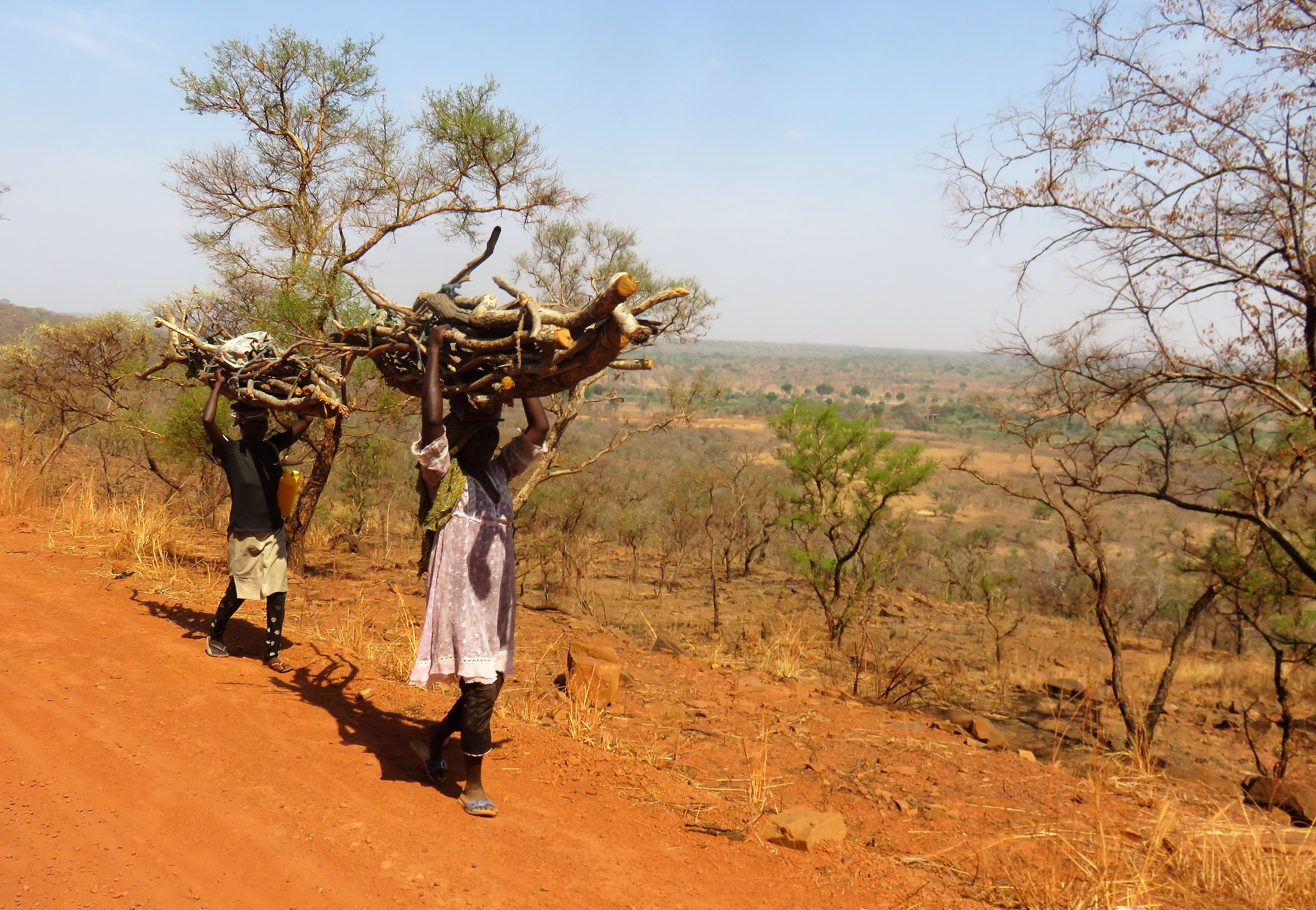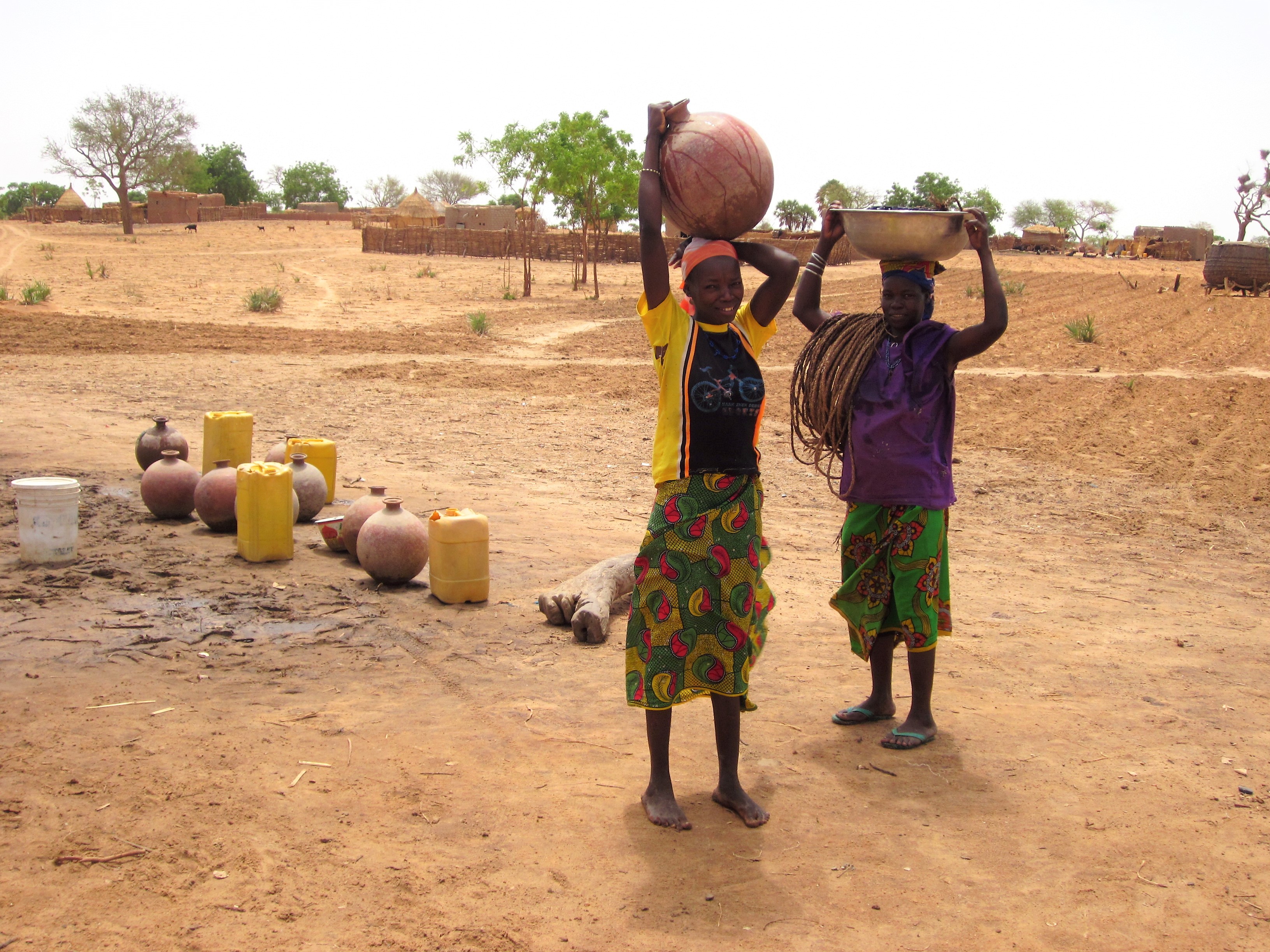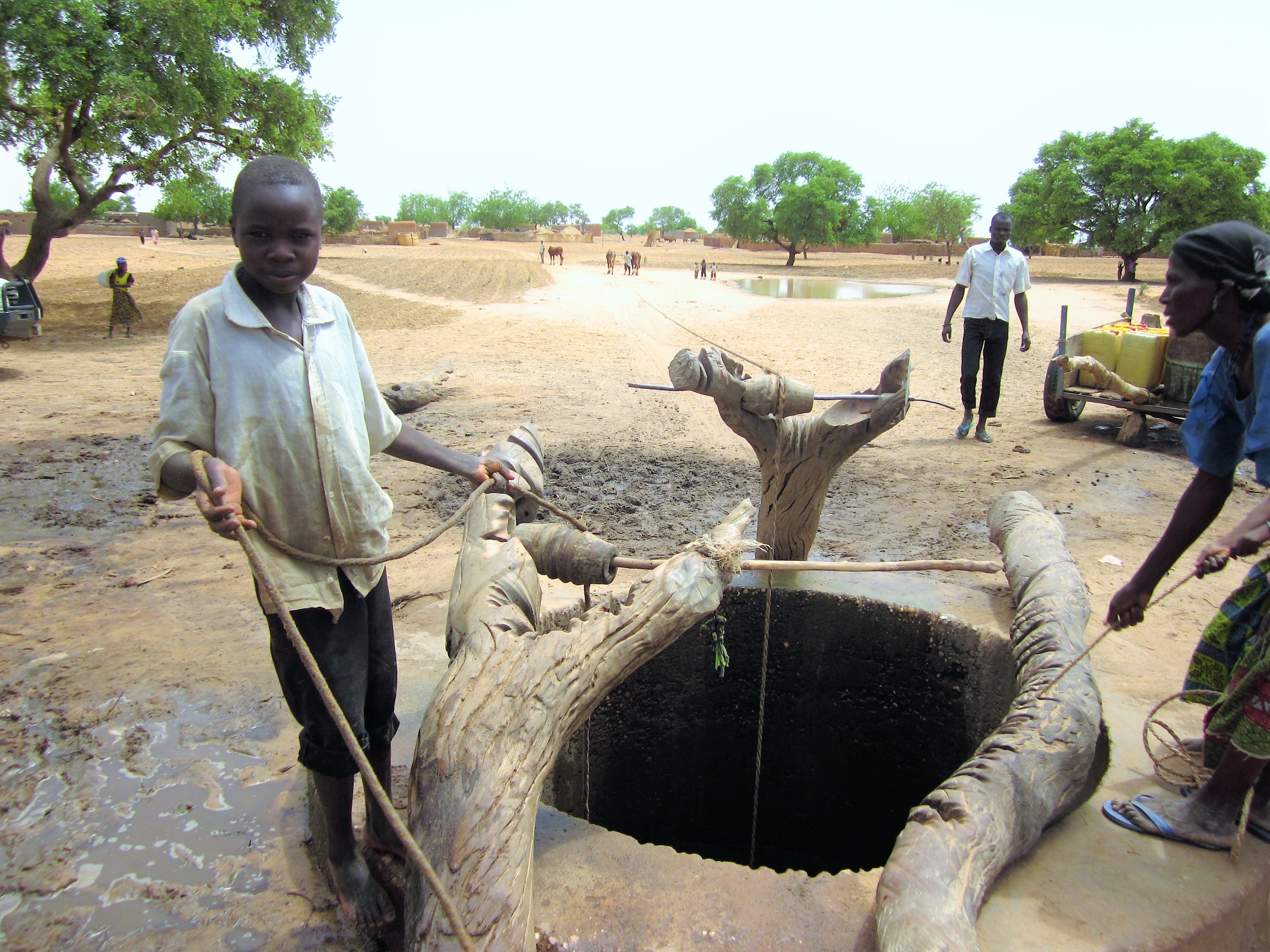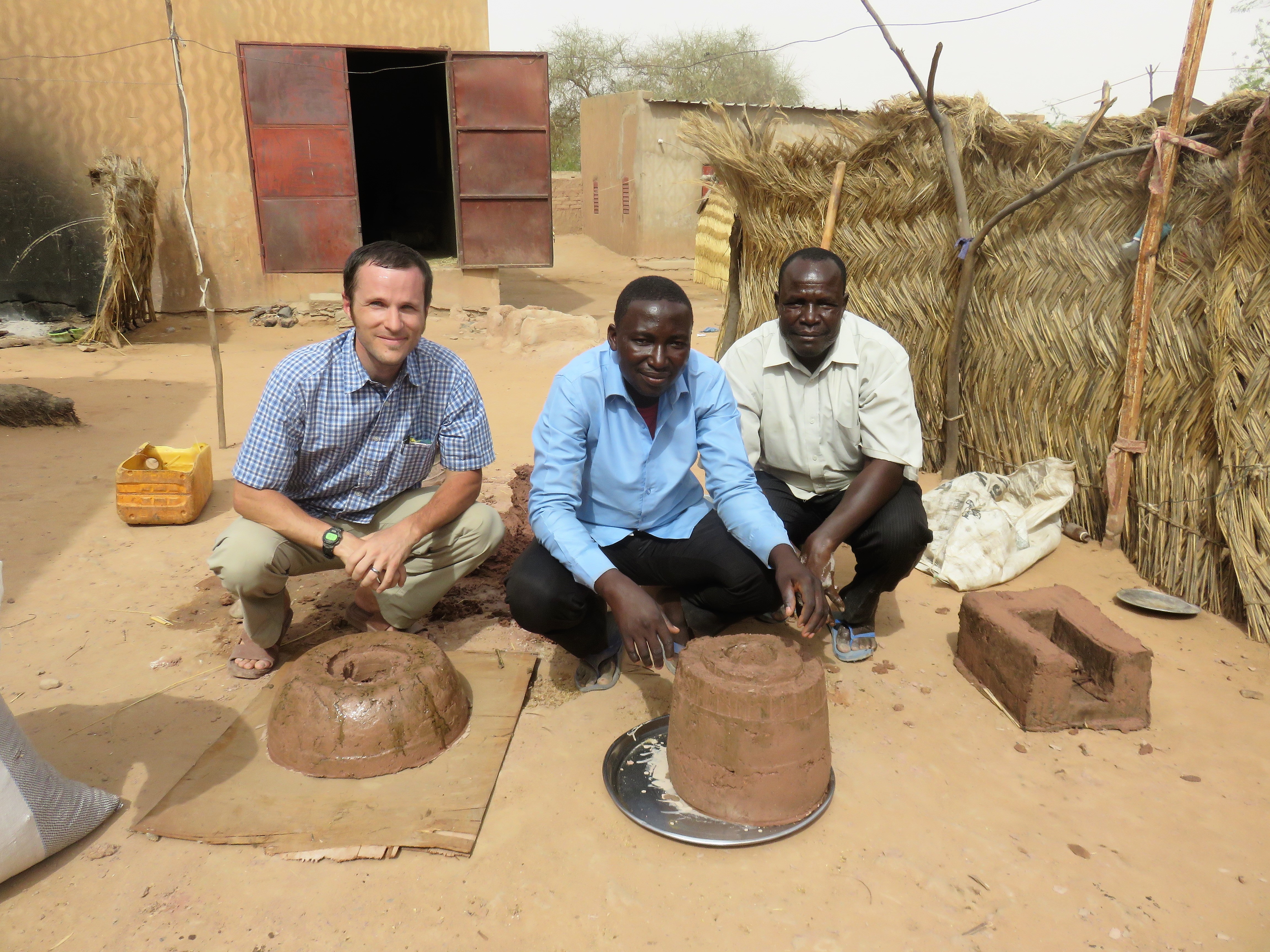A Letter from Joshua Heikkila, serving as Regional Liaison for West Africa, based in Ghana
August 2018
Write to Josh Heikkila
Individuals: Give online to E200353 for Josh Heikkila’s sending and support
Congregations: Give to D507520 for Josh Heikkila’s sending and support
Churches are asked to send donations through your congregation’s normal receiving site (this is usually your presbytery).
Across the Sahel region of West Africa, which includes southern Niger and northern Nigeria, Togo, and Ghana — places where mission partners of the Presbyterian Church (USA) are located — there’s a long and hot dry season that lasts nine months of the year, and an intense rainy season during June, July, and August. During these three months, there’s enough rain to produce a full year’s harvest. In some places, rain is even plentiful enough to grow rice. But during the other nine months of the year, survival can be a challenge.
The dry landscape means that trees are few and far between, and the little water that’s found is deep down in the ground. Wells are often dug by hand, and it’s common for these wells to be 100 feet deep. (Think of a ten-story building!) For people who cook over open fires and for whom water comes from a well, this means a lot of time is spent walking — walking to forage for wood and fetch water.
For women in the community, one whole day each week can be spent collecting wood for that week’s cooking. They will go out early in the morning, while the sun is low in the sky and the air relatively cool, and begin searching for wood. After a midday break to escape the heat, the search will continue in the afternoon. If all goes well, the women will return home at dusk with a full load of firewood carried atop their heads.
The task of fetching water falls to the children of the household. Before the sun rises, around 6 a.m., and again at the end of the day, around 6 p.m., you’ll find children at the well, filling jars and canisters to bring home for drinking, cooking, bathing, and cleaning. In the best of circumstances, children attend school between the morning and evening fetching. This is the case in much of Ghana and Togo. But in Niger and Nigeria, many children (and especially girls) are working in the household and not receiving an education.
It’s important to keep in mind the positive aspect of walking. It’s never done alone, so it’s a time to be with family and friends. I think of the late Asian theologian Kosuke Koyama, who wrote a book entitled “The Three Mile an Hour God.” At a leisurely pace, humans can walk three miles each hour, and it’s while we’re walking that relationships, and even faith, develop.
I think of the travelers on the Emmaus Road as mentioned in Luke 24:32: They said to each other, ‘Were not our hearts burning within us while Jesus walked and talked with us on the road, and while he opened scripture to us?’ As we walk this three-mile-an-hour pace, Jesus is always at our side. Our God, therefore, is indeed a three-mile-an-hour God!
But at the same time, walking for firewood and water is difficult. It’s a time-intensive, backbreaking, and exhausting labor. And the slightest of problems — an unexpected sickness, for example — can send a family into a spiral of poverty that is difficult to escape.
Even in the best of times, weather is unpredictable. There are some years with sufficient rainfall, but others with too little, and even others with too much. As the effects of climate change become more and more pronounced, a way of life that was already difficult is becoming even more precarious. So together with our partners in the region, the Presbyterian Church (U.S.A.) is working with local churches and communities to address the challenges of life in the West African Sahel.
In Niger, mission co-worker Jim McGill supports efforts by our church partner, the EERN, to make water more accessible in rural communities and schools. As Jim can explain, if there’s only a little bit of water available, people use it for drinking, and sanitation needs go unmet. With improved access to water, people can begin washing their hands and cleaning their surroundings, and this leads to a noticeable improvement in health.
Michael Ludwig, another mission co-worker in Niger, supports EERN efforts with Community Health Evangelism (CHE) — a methodology that tries to empower communities to identify their problems and find local solutions to them. In one community, people were concerned that collecting firewood had become a great burden for women in the community. Using CHE, they began seeking ways to plant more trees and to construct more efficient wood-burning stoves. What’s good for the women in the community, it turns out, is also good for the environment!
I look forward to the CHE work that mission co-worker Ruth Brown, who recently arrived in Ghana, will begin doing with the Evangelical Presbyterian Church Ghana in the north of this country.
My main task has been to meet with our church partners in West Africa, listen to their needs, learn of their strengths, and envision ways that we can work together with them to improve the health and well-being of our brothers and sisters in the region. As always, I want to thank you for the generous support you give, which allows me to be here. I hope the stories I share with you in these letters give you a glimpse of the ways that your prayers and financial support allow us to have a wonderful impact on people’s lives.
God bless you,
Josh
![]() You may freely reuse and distribute this article in its entirety for non-commercial purposes in any medium. Please include author attribution, photography credits, and a link to the original article. This work is licensed under a Creative Commons Attribution-NonCommercial-NoDeratives 4.0 International License.
You may freely reuse and distribute this article in its entirety for non-commercial purposes in any medium. Please include author attribution, photography credits, and a link to the original article. This work is licensed under a Creative Commons Attribution-NonCommercial-NoDeratives 4.0 International License.



